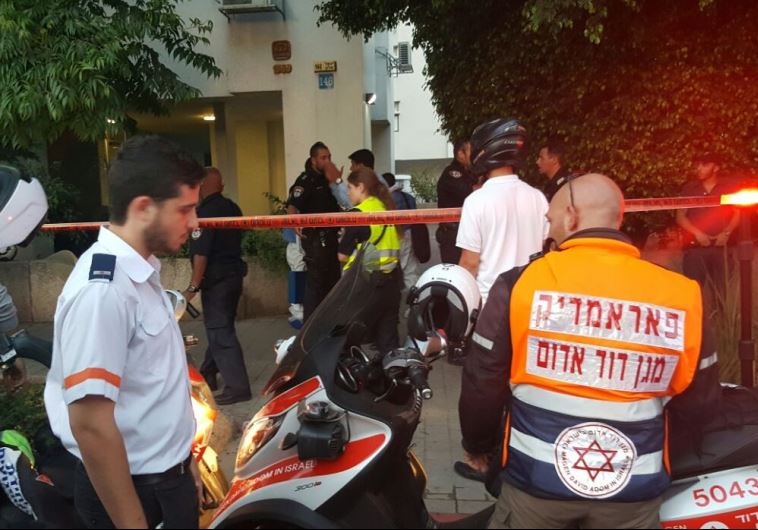Analysis: Jihad is contagious and one attack leads to another
Like a set of dominoes, one attack sets off the idea for the next, and often, the chain linking them can be found online.
 MDA responds to terror stabbing(photo credit: COURTESY MDA)Updated:
MDA responds to terror stabbing(photo credit: COURTESY MDA)Updated: